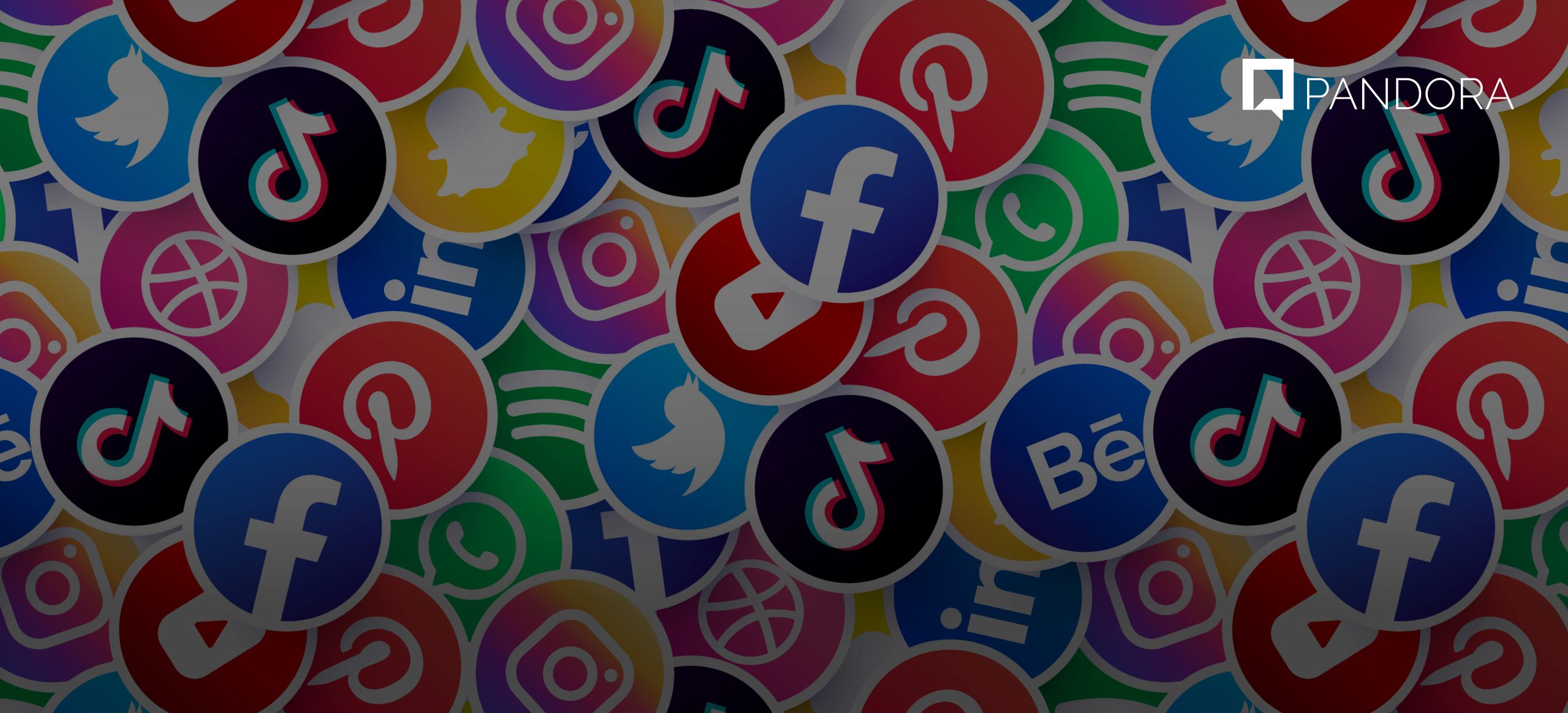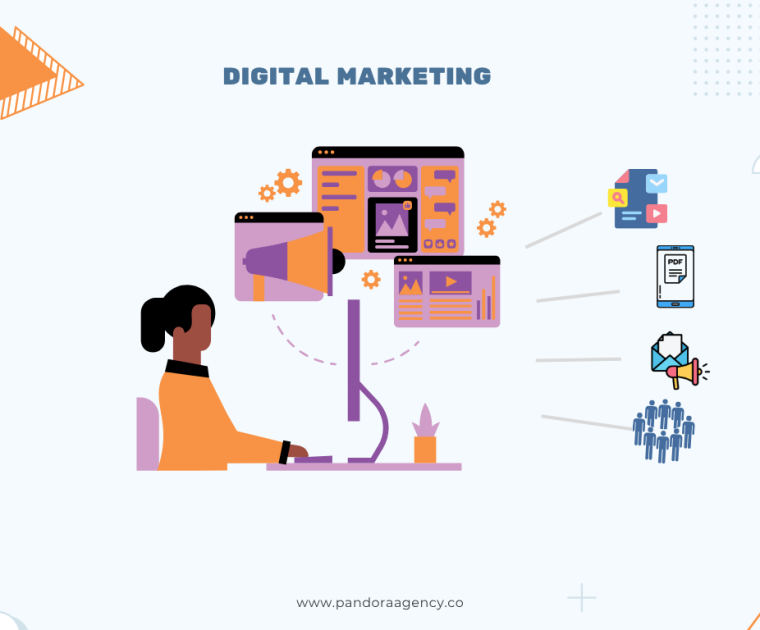Social media marketing remains one of the most powerful ways to connect with your customers and drive sales. With 4.9 billion people engaging on social media globally, and 25% actively seeking out new products on platforms like Facebook, Instagram, and YouTube, your potential customers are already there, ready to discover what you offer.
In this comprehensive guide, we’ll explore the essentials of social media marketing, the top platforms, strategies to maximize your reach, and how to turn social media interactions into meaningful relationships and sales.
What is Social Media Marketing
Social media marketing is the art and science of using social media platforms to connect with your audience, build your brand, boost sales, and drive traffic to your website. It involves crafting high-quality content, engaging with your followers, analyzing performance metrics, and strategically running advertisements.
Tips for Effective Social Media Marketing
1. Know Your Audience
Understand your audience’s pain points, emotional triggers, and preferences. Avoid following trends blindly; instead, focus on crafting a strategy that speaks directly to your target audience’s needs and desires.
2. Set Clear Goals and Objectives
Begin with clear business goals, and align your social media strategy to support these objectives. Set measurable metrics to track your progress and success.
3. Stick to the Platforms That Make Sense
Focus on the platforms that are most relevant to your business and audience. It’s better to excel on one or two platforms than to spread yourself too thin across many. Start small, and gradually expand your presence as you grow.
4. Optimize Your Profiles
Ensure every aspect of your social media profiles is fully optimized to create a strong first impression. A well-optimized profile can increase your perceived value and help generate leads.
5. Engage with Your Communities
Posting frequently is important, but engagement is key. Take time to comment on relevant posts, participate in discussions, and interact authentically with your audience.
6. Be Authentic and Consistent
Don’t be afraid to experiment with out-of-the-box ideas but always maintain consistency across all platforms. Stay true to your brand’s voice, and remember to be relatable. Use gifs, memes, and emojis to connect on a personal level with your audience.
7. Create Value for Your Audience
Focus on delivering more value than you ask for. Collaborate with peers and partners to amplify your message and offer content that genuinely benefits your audience.
8. Get Your Team Involved
Leverage your internal team’s voices to humanize your brand. Feature their insights and ideas in your content, and encourage them to share their thoughts on your brand’s platforms.
9. Develop Your Content
Identify the types of content that will attract your target audience, considering formats like videos, carousels, and influencer collaborations for effective engagement. Plan your content in advance, factoring in the best times to post on each platform. Utilize a social media scheduling tool to manage and analyze your content efficiently.
10. Repurpose and Recycle Content
Repurpose existing content like customer reviews or blog posts to keep your content fresh and engaging.
11. Use Hashtags Effectively
Increase your posts’ visibility by using relevant hashtags that resonate with your audience and industry.
12. Regularly Evaluate and Adjust Your Strategy
Continuously monitor your social media performance and adjust your strategy as needed. Regular evaluation ensures your efforts remain aligned with your business goals.
Marketing on Different Social Media Platforms
1. Facebook
– Content Types: Videos, especially Facebook Reels, perform best in terms of engagement.
– Strategy: Utilize Facebook’s robust tools like Meta’s Business Suite and Ads Manager to manage and optimize your campaigns. Focus on creating engaging video content and leverage Facebook’s click-through rate for link posts.
2. YouTube
– Content Types: Long-form videos and YouTube Shorts.
– Strategy: Use YouTube’s shopping tools and ads to monetize your content. Post consistently at optimal times and ensure your content is visually compelling and informative.
3. Instagram
– Content Types: Carousels, Stories, Reels, and Live Videos.
– Strategy: Cross-post content with Facebook for wider reach, and take advantage of Meta’s advertising tools. Focus on visual storytelling and engaging carousel posts to captivate your audience.
4. TikTok
– Content Types: Short-form videos (15 – 60 seconds) and 10-minute videos.
– Strategy: Leverage TikTok’s AI effects, filters, and sounds to create viral content. Engage with trends and challenges to increase visibility and connect with a younger audience.
5. LinkedIn
– Content Types: Professional videos, images, and text posts.
– Strategy: Position yourself as a thought leader by sharing industry insights and professional achievements. Use LinkedIn’s powerful networking features to connect with industry professionals and grow your influence.
6. Twitter (X)
– Content Types: Short-form text, videos, and images.
– Strategy: Engage with trending topics and real-time events to stay relevant. Use Twitter’s unique environment to foster quick, meaningful interactions and drive traffic to your website.
7. Pinterest
– Content Types: Images, infographics, and videos.
– Strategy: Focus on visually appealing content that inspires and educates. Utilize Pinterest’s shopping features to drive e-commerce sales and increase brand visibility among niche audiences.
Best Time to Post
The optimal times to post can vary depending on your target audience, industry, and specific platform algorithms. It’s essential to experiment and track your performance to find the best times for your account.
A robust social media presence is no longer optional but a necessity for businesses seeking to thrive today. Each platform offers unique opportunities to connect, engage, and convert, but success depends on understanding your audience and consistently delivering value.
This guide will help you build a strong foundation, engage your audience, and achieve your marketing goals.
Remember, social media marketing is an ongoing journey. Continuously analyze your performance, adapt to platform changes, and stay ahead of the curve to maximize your ROI.
At Pandora Agency, we’re here to help you develop and execute effective social media strategies tailored to your unique business needs. Our team of experts can help you create compelling content, engage your audience, and drive meaningful results.
Contact us today and let’s help you get started!






Leave a Reply